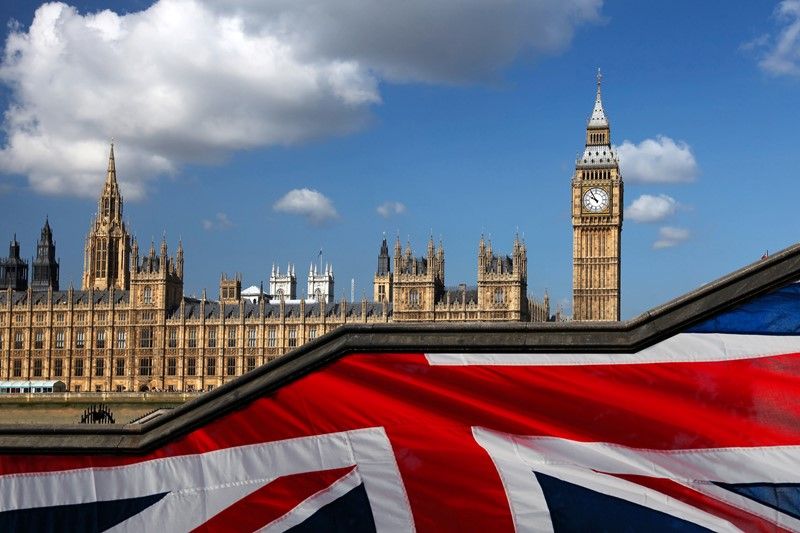Corporation Tax 19% or 25%?
If your company profits sit between £50,000 and £250,000, marginal relief can soften the jump from 19% to 25% Corporation Tax.
The Corporation Tax main rate applies to companies with taxable profits above £250,000 and is currently set at 25%. Companies with profits of up to £50,000 are subject to the Small Profits Rate, which remains at 19%.
For companies with profits falling between £50,000 and £250,000, marginal relief applies. This creates a gradual increase in the effective rate of Corporation Tax between the small profits and main rates, rather than a sudden jump. The lower and upper profit limits are proportionately reduced where an accounting period is shorter than 12 months or where a company has associated companies.
The effect of marginal relief is that the effective Corporation Tax rate increases steadily from 19% once profits exceed £50,000, reaching the full 25% rate when profits exceed £250,000.
In practice, Corporation Tax is calculated by applying the main rate of 25% to total taxable profits and then deducting the marginal relief due. The marginal relief standard fraction is 3/200. HMRC provides an online marginal relief calculator to help companies determine the correct amount of Corporation Tax payable based on their profit level and circumstances.




